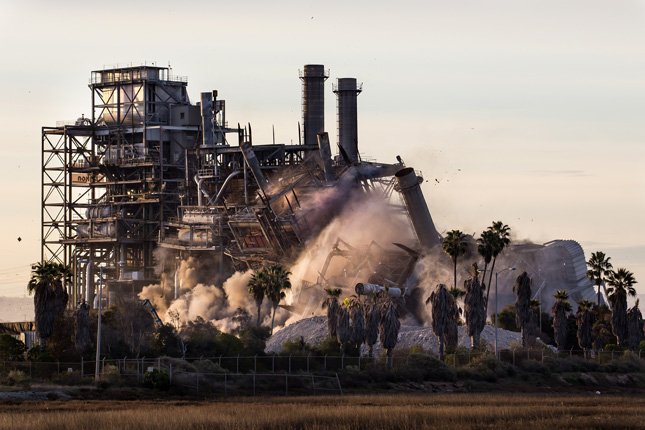-
Ruth Greenspan Bell, The Daily Climate
Who Wins, Who Loses? Why We Need to Ask the Hard Questions on a Carbon Tax
July 21, 2016 By Wilson Center Staff
As bad news continues to roll in regarding the accelerating impacts of greenhouse gases accumulating in the atmosphere, there is increasing discussion about imposing a carbon tax. Economists across the political spectrum support it, from Irwin Seltzer’s camp that remains “uncertain as to whether there is a global warming phenomenon” to William Nordhaus, who unequivocally views climate change as a threat.
The oddly broad-based support for a tax should make us wake up and pay attention to the important policy details. A carbon tax is problematic because the models currently used to calculate it are flawed, the costing approach downplays risk, and politically it could hobble development of additional, potentially more effective means of addressing climate change.
As in most things, the devil is in the details.
Price, Cost, and Policy
Cost is significant in sorting out the consequences of any action, even one directed against an existential threat. When countries go to war, they must figure out some way to pay for it. Worries about cost become politically fraught when the benefits of spending are not immediate or easy to see, as is the issue for climate change mitigation.
Putting a price on carbon might incubate new industries or spur job growth – for example expanding solar production and installation – even as it shuts down other businesses like coal mining. But the benefits and the damage are rarely evenly distributed: the coal miners losing jobs in West Virginia do not necessarily land jobs manufacturing or installing solar panels.
The time lag between investment and seeing results can be decades, and there will be inevitable policy failures as society experiments to address a challenge unparalleled in human history. With hard choices to be made, some people and their livelihoods will suffer.
Continue reading on The Daily Climate.
Ruth Greenspan Bell is a public policy scholar at the Wilson Center.
Sources: The Daily Climate, National Review, The New York Review of Books.
Photo Credit: The South Bay power plant is imploded in Chula Vista, California as part of a controlled demolition in February 2013, courtesy of flickr user el-toro.
Topics: adaptation, climate change, coal, economics, energy, environment, livelihoods, migration, mitigation, U.S.
 A Publication of the Stimson Center.
A Publication of the Stimson Center.



